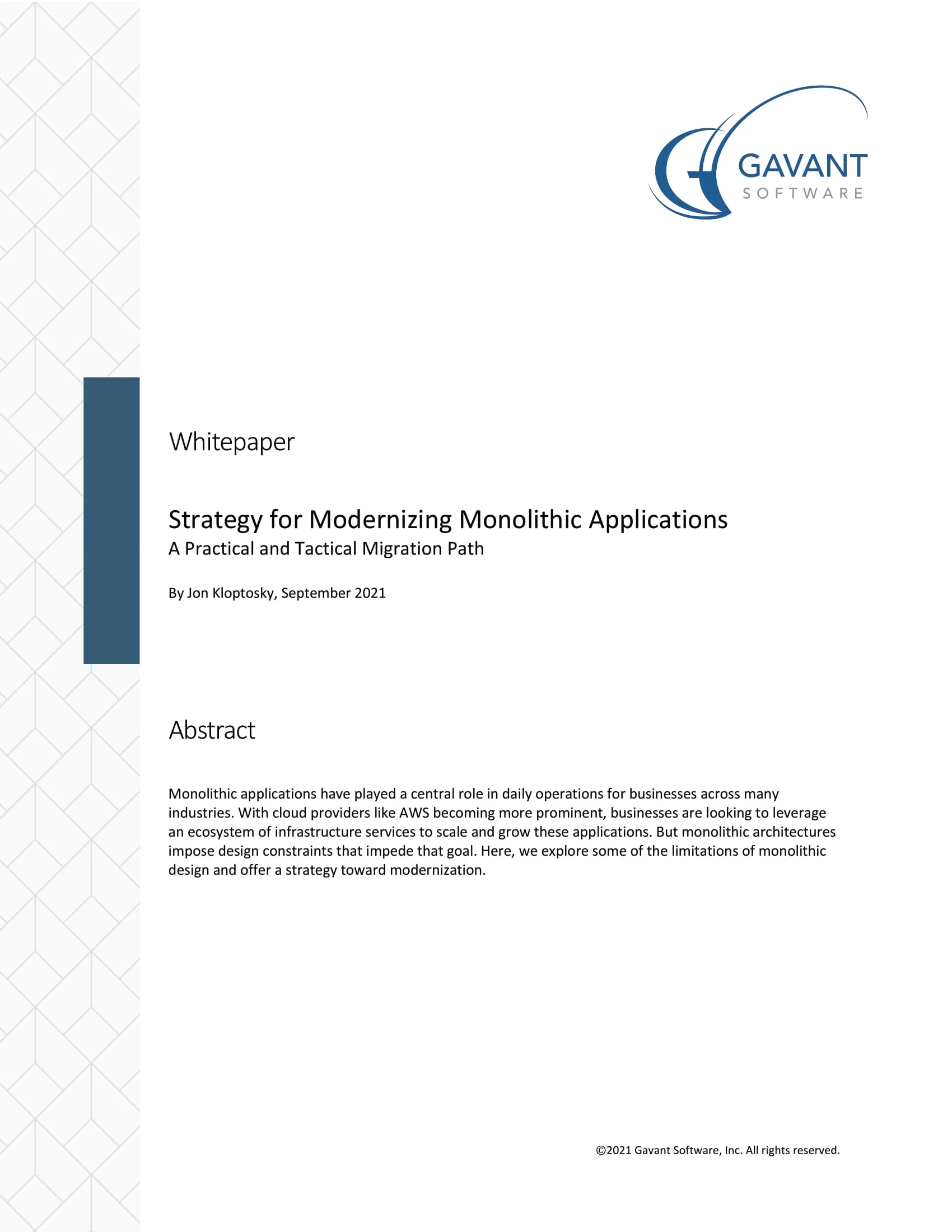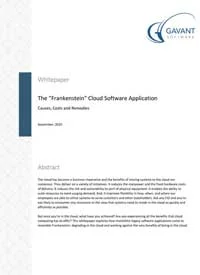ChatGPT and the Future of Business Efficiency
ChatGPT, the cutting-edge language generation model developed by OpenAI, has the potential to revolutionize the business world. As companies look for ways to improve efficiency and stay ahead of the competition, many are turning to artificial intelligence and machine learning for solutions. ChatGPT offers a suite of powerful tools that can streamline operations, automate repetitive tasks, and enhance decision-making, making it a game-changer for businesses of all sizes.
Streamlining Customer Service
One of the most significant benefits of ChatGPT is its ability to streamline customer service. In today’s fast-paced business environment, customers expect quick and efficient responses to their inquiries. However, human customer service representatives can only handle so many requests at once, leading to long wait times and frustrated customers. With ChatGPT, businesses can provide 24/7 customer support, regardless of the volume of requests.
ChatGPT’s advanced natural language processing capabilities allow it to understand customer inquiries and generate human-like responses in real-time. This means that customers can receive quick and accurate answers to their questions, even outside of regular business hours. This level of efficiency leads to a better customer experience, which can ultimately result in increased customer satisfaction and loyalty.
Automating Repetitive Tasks
Many business processes involve repetitive tasks that can be time-consuming and tedious for human employees. For example, data entry, form filling, and document review are all tasks that can be automated using ChatGPT. By taking over these repetitive tasks, ChatGPT can free up employees to focus on higher-value work and increase overall business efficiency.
For instance, ChatGPT can be used to automate document review by scanning through large volumes of text and identifying specific information. This can save businesses a significant amount of time and reduce the risk of errors associated with manual data entry. ChatGPT can also be used to generate reports, summaries, and other documents, which can save businesses time and improve the accuracy of their reporting.
Improving Communication and Collaboration
ChatGPT can also be used to improve communication and collaboration within businesses. For example, it can be integrated into a company’s instant messaging platform to provide real-time responses to questions and requests. This can improve overall communication efficiency, as employees do not have to wait for a response from a human colleague.
ChatGPT can also be used to generate meeting summaries and minutes, which can save businesses time and ensure that important information is not missed. Additionally, ChatGPT can be used to automate the scheduling of meetings and appointments, freeing up employees to focus on other tasks.
Enhancing Business Intelligence and Analytics
Business intelligence and analytics play a critical role in decision-making, and ChatGPT can be used to enhance this process. For example, ChatGPT can be used to generate real-time reports and dashboards that provide valuable insights into business performance. This can help businesses make data-driven decisions and improve their overall efficiency.
ChatGPT can also be used to automate the process of data extraction and analysis. For example, it can be used to scan through large volumes of text and identify specific information, such as trends, patterns, and anomalies. This can save businesses time and resources and provide valuable insights into their operations.
Improving Translation and Localization
In today’s global business landscape, effective communication with customers and partners in different countries is critical. Unfortunately, language barriers can hinder communication and lead to misunderstandings. With ChatGPT, businesses can overcome these barriers and improve their global communication efficiency.
ChatGPT’s advanced natural language processing capabilities allow it to understand and generate text in multiple languages, making it an ideal tool for translation and localization. Businesses can use ChatGPT to translate emails, documents, and other forms of communication, ensuring that they are accurately understood by their intended audience. This can lead to better communication and more efficient global operations, as businesses can more easily communicate with customers and partners in different countries.
Final Thoughts on ChatGPT
Pretty compelling potential, right? While the nuances will vary greatly by industry and the mechanics of integration are yet to be understood, one point seems clear. We’re bridging the gap between human and artificial intelligence. For example, would it surprise you to learn that everything you read up to this section was composed directly by ChatGPT?




 Strategy for Modernizing Monolithic Applications
Strategy for Modernizing Monolithic Applications
 The "Frankenstein" Cloud Software Application
The "Frankenstein" Cloud Software Application
 A Guide to Custom Software Development
A Guide to Custom Software Development